Mystery in the cold palace: Concubines go crazy or die, why is there still a prince born?
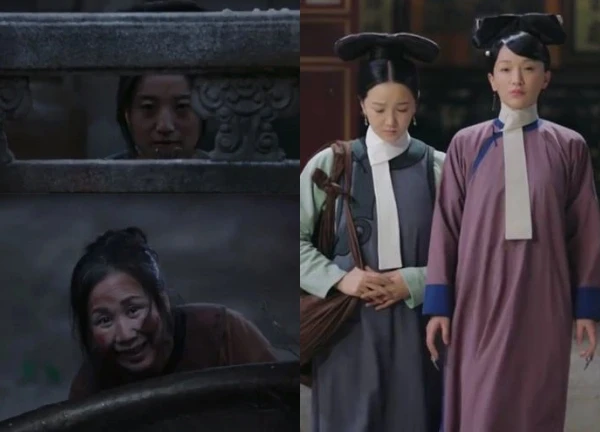
6 | 1 Discuss | Share
When watching Chinese movies, we often see images of officials who return when worshipping the First King and do not return or cases of officials stumbling and drowning on the way. So in fact, what is recorded in history books is the same as in the movie?
When watching historical dramas, we often come across images of officials bowing their heads when worshipping the King. When the king pronounces the crime, he shakes his head and trembles in fear, making us question the etiquette of an ancient official.
However, when carefully studying the history books of the feudal era, especially in the Qing Dynasty, people see that being an official in the feudal era has a lot of strict regulations, being an official has many sufferings, loopholes are no longer able to return to see their families.
A source from Sohu said that during a Qing dynasty court, the emperor could be late, even appear sleepy and sluggish, but officials in the court were not allowed to express this feeling.
It is known that in ancient times, officials who wanted to enter the Forbidden City to worship the court had to go very early. If the time for the start of a worship service is about 5 o'clock, then the officials must go from the dim morning, and arrive at 4 o'clock, and then wait outside the palace.
In which, there are only high-ranking officials, such as ministers, heads of ministries... are allowed to sit on palanquins. The rest of the officials had to walk a very long distance from the palace gate to the place where the ceremony took place.
In addition, they were not allowed to use lanterns to illuminate the road, as this was supposed to affect the emperor's sleep. Because of that, there have been many officials who have stumbled, or even fallen into the moat and drowned while attending the ceremony, especially those who are old, have poor eyesight, and have difficulty walking...
In addition to the regulation that low-level officials are not allowed to ride palanquins and do not use lanterns, there are also strict regulations on time when worshipping the King. Under feudalism, officials had to be in Qianqingmen from 5 a.m., so the ministers who were far away had to get up at 3 a.m. Many of the great gods had to move when it was still dark.
If for some reason they are late to worship, the ambassadors also have to suffer heavy punishments. In the Tang Dynasty (China), the error of late worship would be deducted from the monthly reward, if this situation continued for too long, it would be imprisoned for rehabilitation.
The Ming Dynasty was the period with the most severe punishment, the "Minh Law" stipulated that the ambassador who came to worship late would be punished with 20 staffs, repeated many times would be beaten more severely. However, it seems that the most "gentle" is the Song dynasty, the great gods if they arrive late... Sneaking into the pot, His Majesty would sometimes pretend not to see them.
In the Ming Dynasty, if an official arrived late for the festival, he would immediately be beaten with 20 staffs. Repeat offenders will be beaten with 100 staffs. Many old officials, due to their old age and weak health, could not bear this punishment, and were punished on the spot. However, that is not all, during the high court, if anyone accidentally coughs or spits or stands unsteadily, they will be recorded for contempt for the Holy Lord.
During the high dynasty, there will be a position as a historian specializing in maintaining order, tasked with recording the rude and disrespectful actions of the great gods. As long as you accidentally make a noise, you will be criticized, let alone ask to go out to go to the bathroom. That's why when the officials in the imperial court didn't dare to breathe hard, they didn't dare to move, it was almost the same as when we went to military school, which required us to stand seriously, in the right posture, but it was much stricter.
The officials knew that the time of the imperial court was not pleasant, so before the imperial ceremony, the officials would try to "excrete everything, do not eat or drink", even if they were hungry, they would not be able to be disrespectful in front of His Majesty. Besides, they also have their own tricks. For example, I will use a few tips to prevent the body from excreting during the high tide.
Another way is to take medicine. For officials who are old, in poor health, have to stand for a long time in the cold wind, do not eat or drink for a long time, it will be very easy to have a stroke, so before going to the court, they will hold a piece of ginseng in their mouths, helping to strengthen their physical strength. However, even if you have prepared in such a careful way, unexpected things will still happen. For example, what should an official do if he eats spoiled food the night before and has a stomach ache or suddenly encounters an unbearable "incident"?
However, in history, there are also some very famous officials, once they are "urgent", even His Majesty does not care and directly retreats, His Majesty cannot do anything to them, for example, Cao Cao, Dong Zhuo, Wang Mang, Sima Yi, ...,
But there are really not many such things. Even if they could no longer bear it, His Majesty would allow them to go to the toilet in front of everyone, and no one in the court would dare to object.
Of course, such things are only a very special case, because usually in the early days of the imperial court, there will be no such "rushes", if you can't stand it anymore, the Emperor will only scold you a little, but will not blame you, will treat it as an unexpected thing and let it go.
The officials when the imperial court can "hurry", so what about His Majesty? As the Nine Noble Lords, the person with the highest power, he will definitely not show that he has a stomach ache and needs to go to the toilet with his servants, because that will lose the face of the Royal Family.
So what do you think the Emperor will do when he is "in a hurry"? Very simply, the Emperor only needs to say one sentence to solve everything, which is: "If there is a job, it is innate, if there is no work, the court will be dismissed" The ministers who have important things to do will stay and wait for the report, so that the Emperor can comfortably "solve his sadness".
It can be seen that in ancient times, being an official was not a leisurely job but extremely dangerous and harsh. The regulations of the official place also require officials to be sophisticated, cautious and extremely clever so as not to offend the holy spirit.
Revealing the truth about "brothel girls" in the Qing Dynasty, why are they completely different from the movies?  Bình Minh19:31:40 30/11/2024Unlike today, the living environment and freedom of brothel women in the past were limited in many ways. Most of them were born into poverty, or were forced into brothels due to events.
Bình Minh19:31:40 30/11/2024Unlike today, the living environment and freedom of brothel women in the past were limited in many ways. Most of them were born into poverty, or were forced into brothels due to events.

6 | 1 Discuss | Share
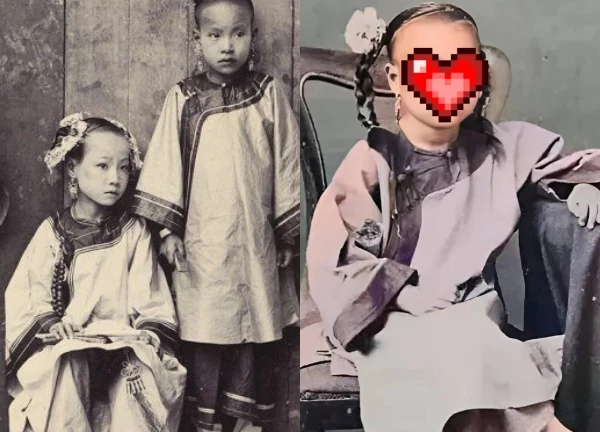
1 | 1 Discuss | Share

1 | 1 Discuss | Share

1 | 1 Discuss | Share
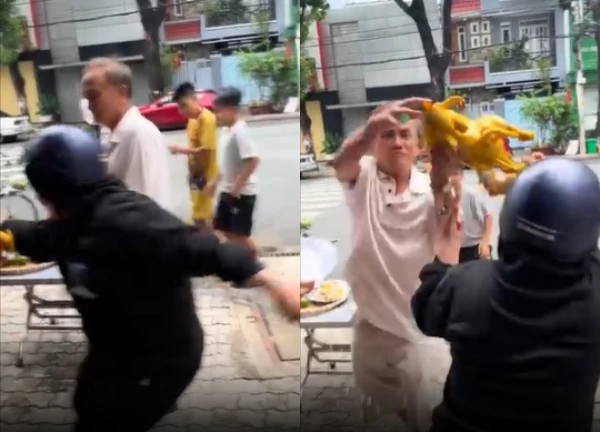
1 | 1 Discuss | Share
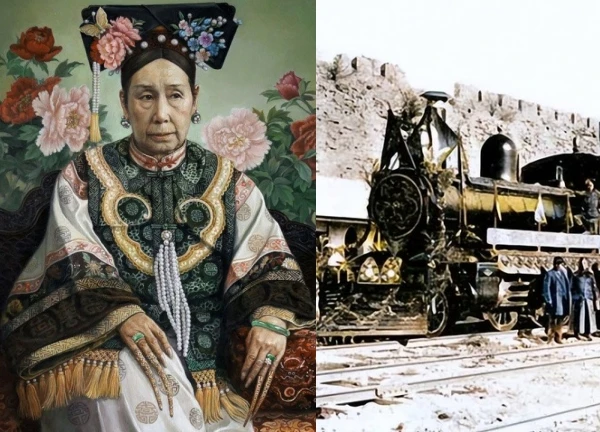
3 | 1 Discuss | Share
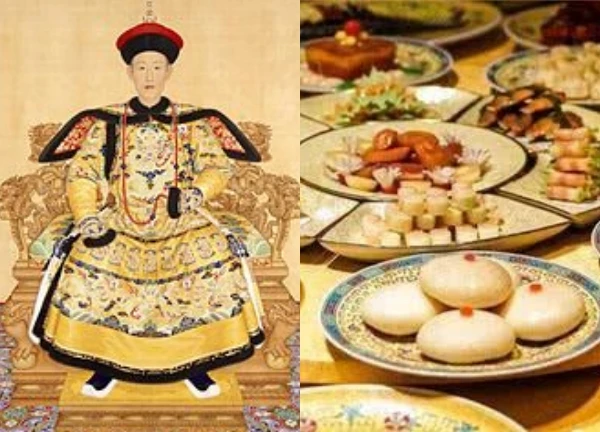
1 | 1 Discuss | Share
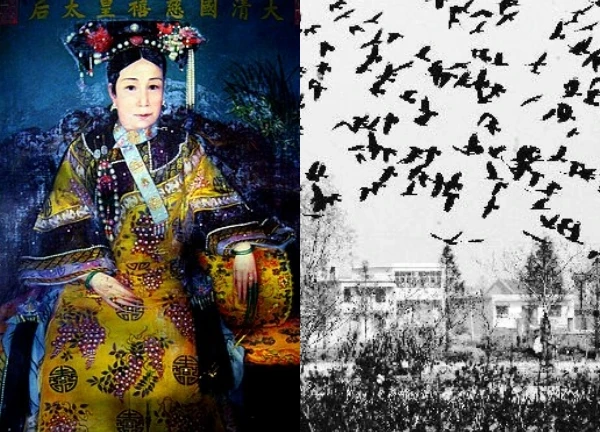
1 | 1 Discuss | Share
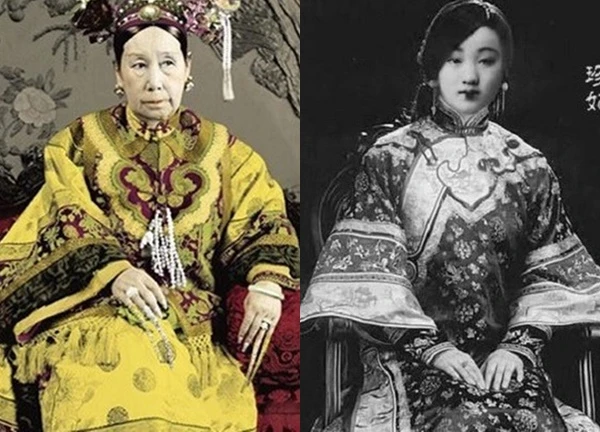
2 | 1 Discuss | Share
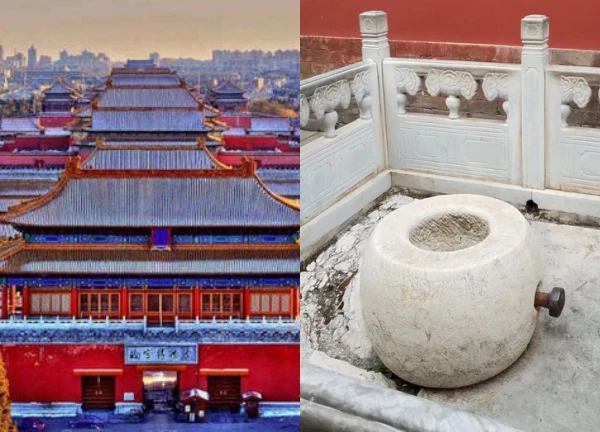
2 | 1 Discuss | Share
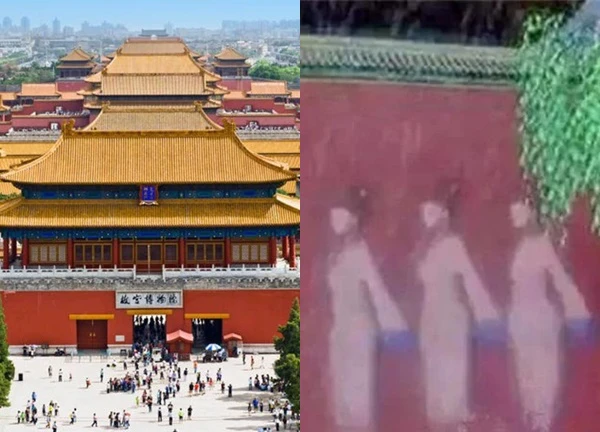
2 | 1 Discuss | Share

2 | 1 Discuss | Share
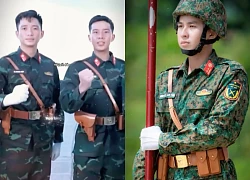



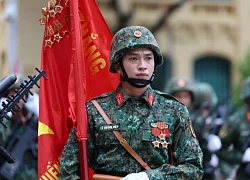


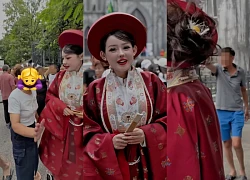


3 | 0 Discuss | Report